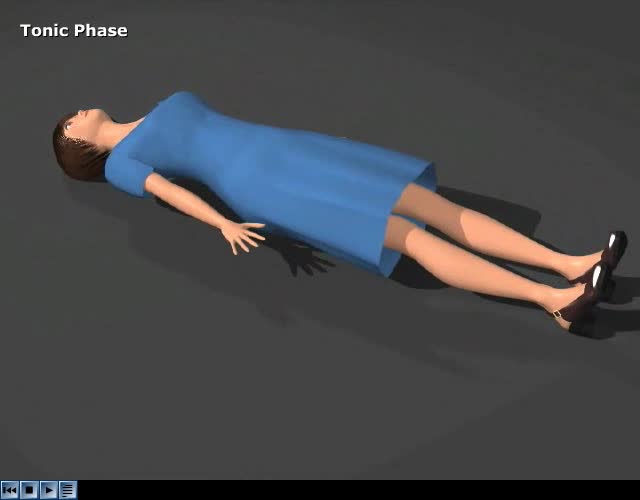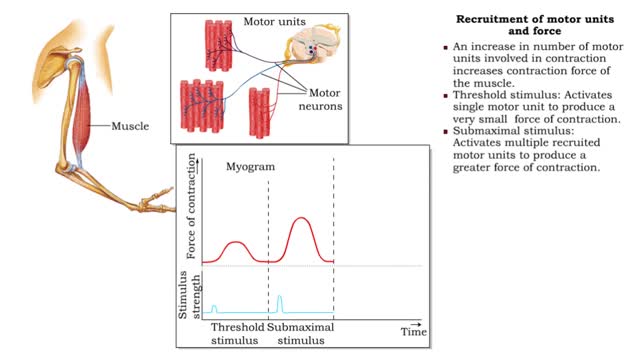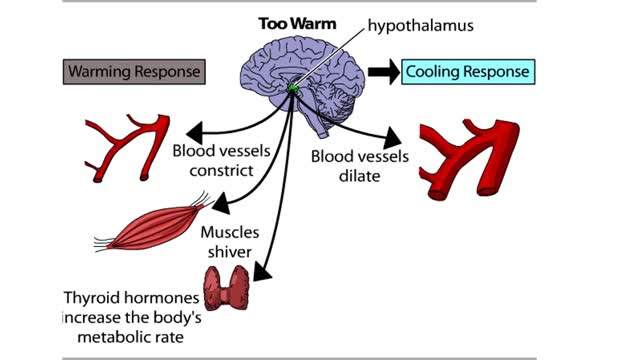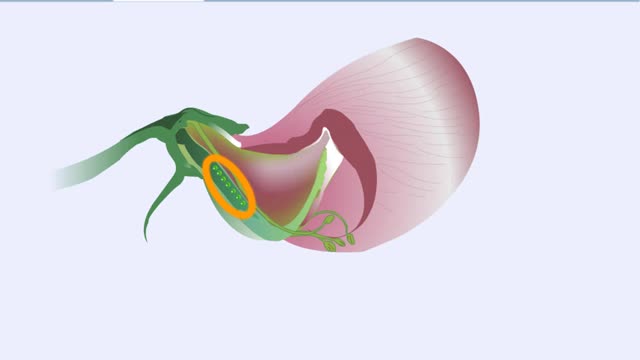Search Results
Results for: 'refractory period'
By: Administrator, Views: 14726
Status epilepticus (SE) is a single epileptic seizure lasting more than five minutes or two or more seizures within a five-minute period without the person returning to normal between them. Previous definitions used a 30-minute time limit. The seizures can be of the tonic–clonic type, with a re...
By: Administrator, Views: 14928
Premenstrual syndrome (PMS) refers to physical and emotional symptoms that occur in the one to two weeks before a woman's period. Symptoms often vary between women and resolve around the start of bleeding. Common symptoms include acne, tender breasts, bloating, feeling tired, irritability, and mo...
Frequency of stimulation and force (Recruitment of motor units and force)
By: HWC, Views: 11934
• Muscle tension depends on the frequency of stimulation. • Muscle twitch: First stimulus. • Wave summation: When a second stimulus excites a partially relaxed muscle, producing a stronger contraction. • Unfused tetanus: Successive stimulations at the same frequency, producing a se...
Introduction to Eating Disorders
By: Administrator, Views: 14561
An eating disorder is a mental disorder defined by abnormal eating habits that negatively affect a person's physical or mental health. They include binge eating disorder where people eat a large amount in a short period of time, anorexia nervosa where people eat very little and thus have a low bo...
Darwin's Observation (Fossils, Galapagos Islands & Africa ) and Natural Selection (Adaptive Traits)
By: HWC, Views: 11474
Along Darwin's voyage, he made many observations. Each one added to his understanding of how organisms change over time. Darwin was already familiar with fossils and knew that many fossils were very different from living organisms. But, also there were some fossils that were very similar to li...
By: Administrator, Views: 14783
Pre-eclampsia (PE) is a disorder of pregnancy characterized by the onset of high blood pressure and often a significant amount of protein in the urine. When it arises, the condition begins after 20 weeks of pregnancy. In severe disease there may be red blood cell breakdown, a low blood platelet c...
The Hypothalamus: The Body's Thermostat (Human Thermostat)
By: HWC, Views: 10854
Normal body function requires a relatively constant body temperature, which is regulated by the body's thermostat, a region of the brain called the hypothalamus. The hypothalamus generates a temperature set point for the body and appears to be the major site for the integration of temperature inf...
Interview with Person having Obsessive Compulsive Disorder
By: Administrator, Views: 14556
Obsessive–compulsive disorder (OCD) is a mental disorder in which a person feels the need to perform certain routines repeatedly (called "compulsions"), or has certain thoughts repeatedly (called "obsessions"). The person is unable to control either the thoughts or activities for more than a sh...
By: HWC, Views: 11097
Sugar snap peas were common garden plants during Mendel's lifetime and many varieties undoubtedly grew in the abbey gardens. An avid gardener. this is where Mendel first made observations about pea plants. He noticed that certain characteristics of peas were passed from generation to generation. ...
Advertisement











